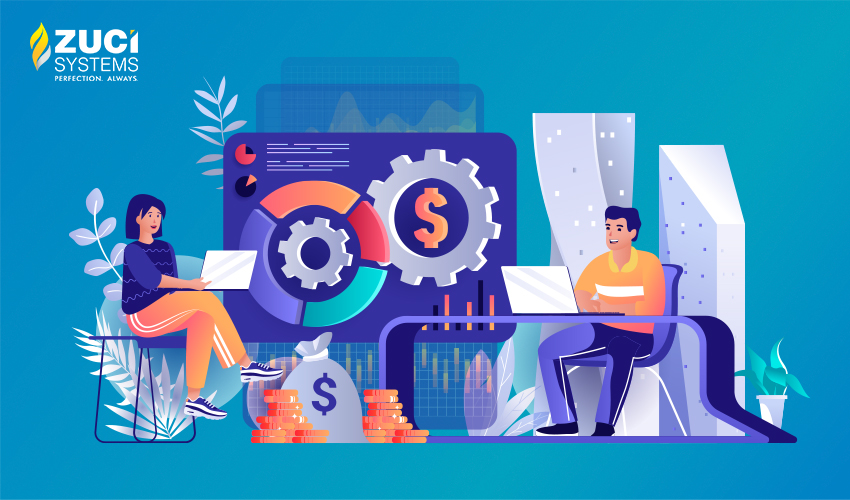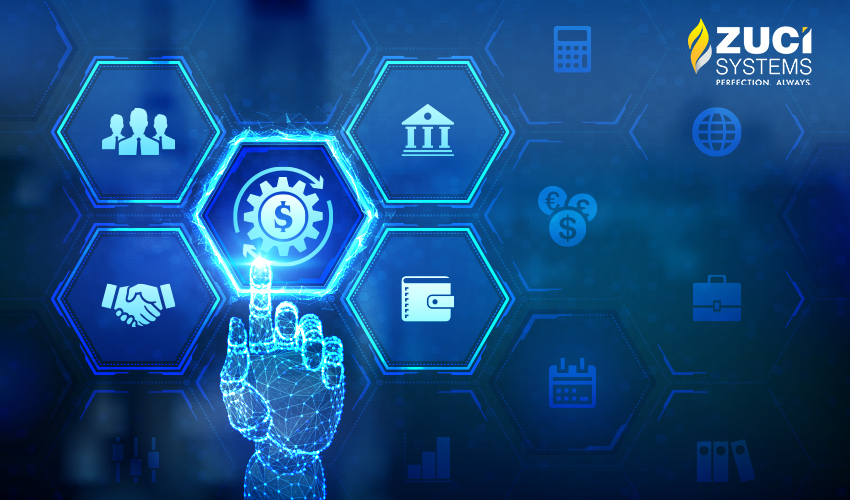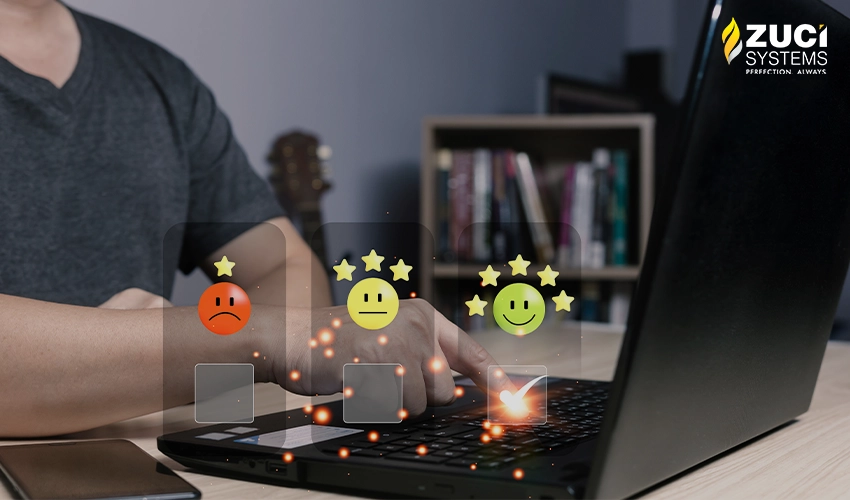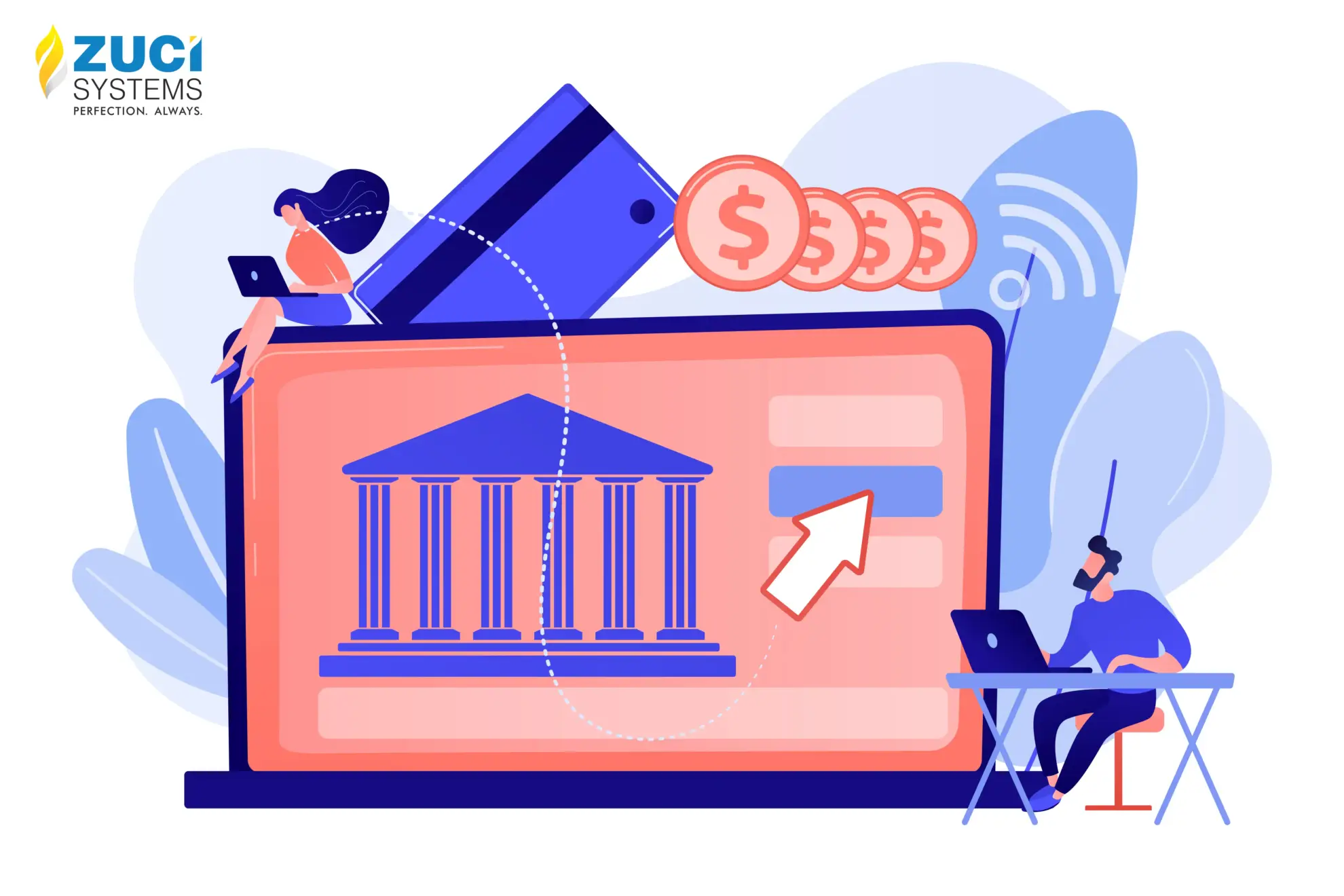Reading Time : 1 Mins
Why do we love-hate consulting
An INFJ personality wielding brevity in speech and writing.
If you’re a consultant or have ever been on the other side of the table working with consultants, you know that companies are always in a love-hate relationship with consultants.
On the one hand, there are these examples where consulting firms like McKinsey, BCG, and Bain were like a breath of fresh air that could bring in necessary results and turn things around at P&G, Samsung & Dell.
On the other hand, there are horror stories at organizations about consultants who promised the world and delivered nothing, such as Accenture’s work with the UK’s National Health Service, Deloitte’s work with the US Department of Homeland Security, and so on.
Consulting has always been a hot topic, and whether it’s a necessary evil continues to be a topic of debate in boardrooms and among C-suite executives.
Just like how this 2-min speech on consultants by Steve Jobs at MIT opened for debates from different quarters 👇🏼
This article attempts to address the nature of consulting in today’s context.
Some consulting engagements fail to live up to their potential for various reasons including – companies not taking into account the valuable insights of their own employees and instead placing their trust in external consultants who lack understanding of the industry and company.
And all too often, companies are left with nothing more than a fancy deck of slides in return from consultants.
But… Is that the nature of consulting today?
The hard reality is – Yes.
In many cases, the nature of consulting stops at the ‘implementation’ phase with consultants refraining from ownership at the later stages. These consultants can’t differentiate the wheat from chaff and be a valuable asset to their clients.
However, engaging with our clients as consultants over the years for software quality assignments, we have been witnessing the role evolve slowly and dynamics change.
At Zuci, we believe in the idea – “Skin in the Game“, which stands strong on the foundation called – ‘immersive ownership’ where consultants role goes beyond putting together a deck that carry suggestions & recommendations.
This means that as a consultant — we have a proven track record of solving complex issues by immersing ourselves in various projects in different scenarios. we have gained valuable insights from our experience that allows us to decipher what strategies are effective, which ones are not, and why we have a vested interest in the client’s project’s success.
It reminds us of the time when one of our customers, an US-based e-commerce solution provider approached us initially for an 8-week software QA consultation which later transpired to becoming one of the lasting partnerships till date.
QA consultation is Zuci’s skin in the game.
From our experience we could say that companies seek our QA consultants’ expertise to seek solutions in these areas: People, Process & Technology.
And though oftentimes implementing new technology may appear to be the solution to many business or product quality problems, it is crucial to consider the long-term effects.
Similar to a band-aid on a wound, technology may provide a temporary fix; however, it does not address the root cause of the injury.
Companies know the value our consultants can bring as diagnosticians in identifying and resolving complex quality problems, situations/injuries.
However, we often ask ourselves — Is it truly possible to provide solutions to problems that many times have to do with people, process and not technology?
It’s a tricky manoeuvre, but the upside is — we have the advantage of being above office politics and can provide valuable insights and perspectives from our wider field of experience. We also have the ability to break away from bad decisions and cut corners that test engineers may be forced to make, no matter what industry they operate in.
There’s one most important rule of thumb to be followed.
To be a valuable consultant or a consulting partner, one must be, first and foremost, a good listener.
Seek first to understand, then to be understood
What do we do differently?
Meet our source
For this article, we asked our Founder & CEO, Vasudevan Swaminathan (Vasu) who used to be a principal consultant for F500 brands, with 20+ years of QA experience under his belt.

Vasu’s approach to QA consultation has been simple and straightforward. During his tenure, he’s also trained his team mates on how to add value to any consulting exercise by following these mantras.
Building a consensus and commitment around corrective action:
The first step in the diagnostic phase of consultation is figuring out who the key stakeholders are. Spend some time identifying the right people and get them involved in finding problems through interviews, brainstorming sessions, and meetings.
Usually in this stage, our consultants take a holistic engineering view to software quality by looking at — client’s coding practices, technical debt, agile and change management practices etc rather than diving too narrow into QA function alone.
The goal of the first step is to pinpoint the 80/20 I.e., finding 20% of the causes driving 80% of the issues. Once this is figured out, consultants will then need to find a way to converge both ‘tactical’ and ‘strategic’ elements of consulting and build a consensus with the client team.
While strategy is the action plan that takes the client’s business executives whereas a company they want to go, the tactics are the individual steps and actions for their QA team that will get them there.
After the 80/20, teams will start working on multiple tracks to resolve the issues. The consultant plays a crucial role here by setting up effective communication channels and ensuring commitment to corrective actions from both the teams.
A consulting engagement always should begin with a clear end goal in mind. A clear communication must go out emphasizing what the final report should include and reveal any hidden pain points that need addressing, offering recommendations based on the diagnosis.
Facilitating client learning—that is, teaching clients how to resolve similar problems in the future
Like all good things, consulting engagements eventually come to an end. A great consultant will anticipate future problems the client might face as their team grows and offer solutions as part of the engagement.
For our e-commerce solution provider client, our consulting team put together a library of shared knowledge for them to refer to later.
It’s especially crucial for enterprises to build knowledge through training programs, like upskilling employees in new technologies to align with their future tech roadmap. Cross-training programs can also help onboard and train new hires in both tech and business, with a 30–90-day plan.
Facilitating client leaning reaps following benefits in the long run:
- Improved team productivity
- Increased employee engagement
- Retention of enterprise knowledge

Global E-commerce Software Corporation Works with Zuci to Enhance Quality from an Overall Engineering Standpoint
Zuci’s consultants were approached to evaluate the company’s QA maturity and improve the quality of QA processes.
Permanently improving organizational effectiveness
Contrary to what some might think, we believe a successful consultation results in the client being able to improve their organizational effectiveness permanently, long after the consulting engagement is over.
Consultants don’t possess a magical wand that resolves all of client’s problems. However, they should be able to spot – the top 5 issues plaguing the company and determine which ones can be fixed internally and which ones need external help.
Based on the consultant’s recommendations, the client’s leadership must take decisions, which most of the times are tough and make not many people happy in the start but becomes necessary in the long haul for the company to survive and thrive. Just like Steve Jobs did during his stint at Apple.
As a Fortune magazine article on Apple’s culture put it:
Steve Jobs is a corporate dictator who makes every critical decision—and oodles of seemingly noncritical calls too, from the design of the shuttle buses that ferry employees to and from San Francisco to what food will be served in the cafeteria
If you’re the co-founder of a successful organization and your gut is as refined as Jobs’, you should use it often to make decisions for long-term organisational effectiveness.
Related Posts





















